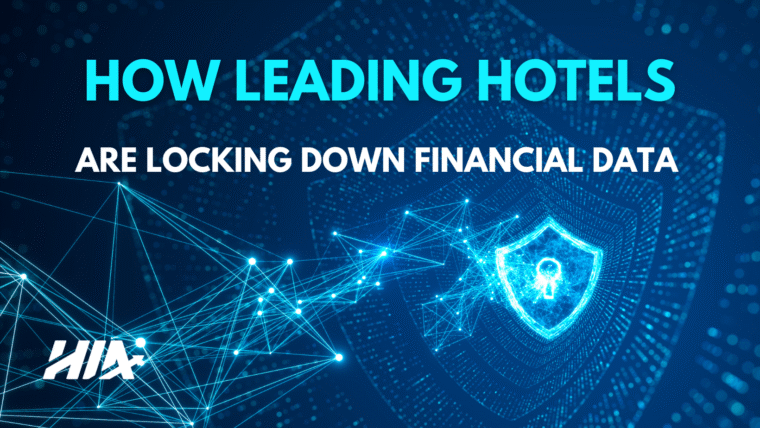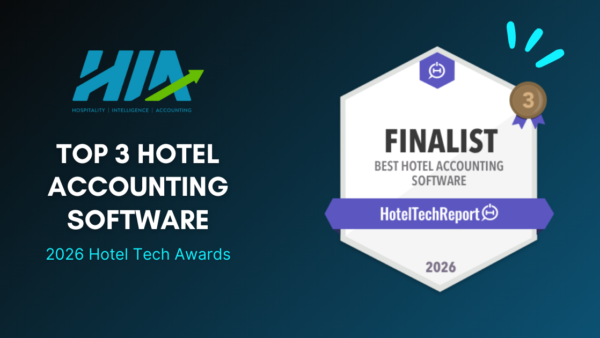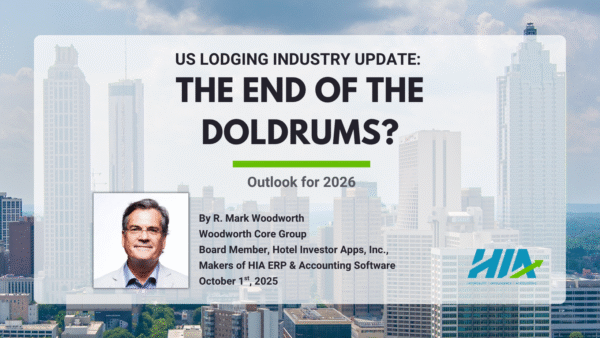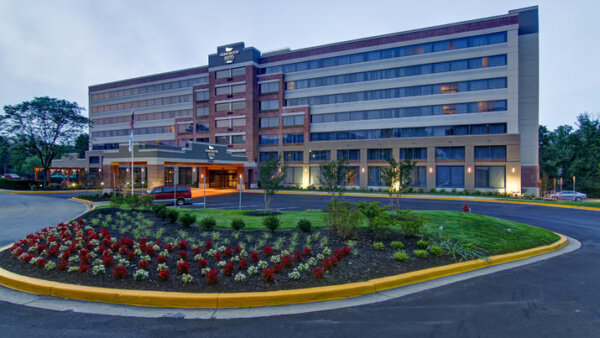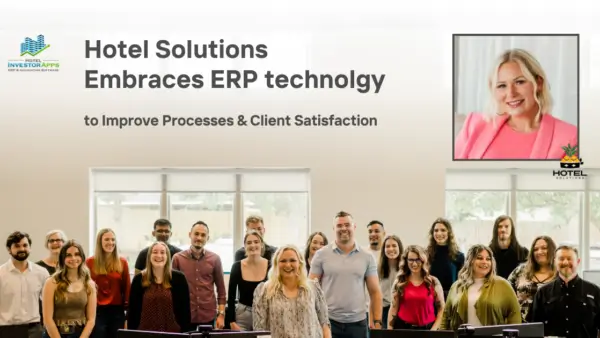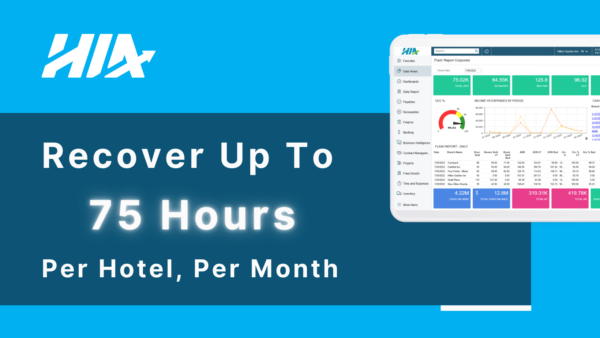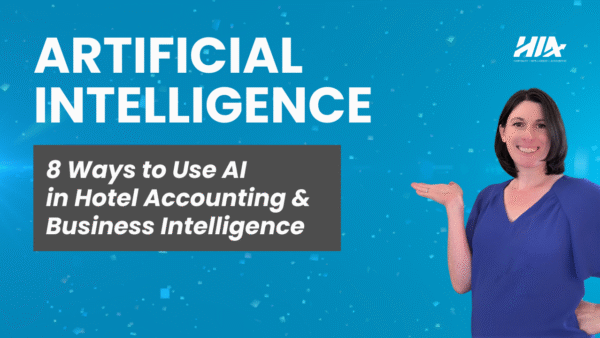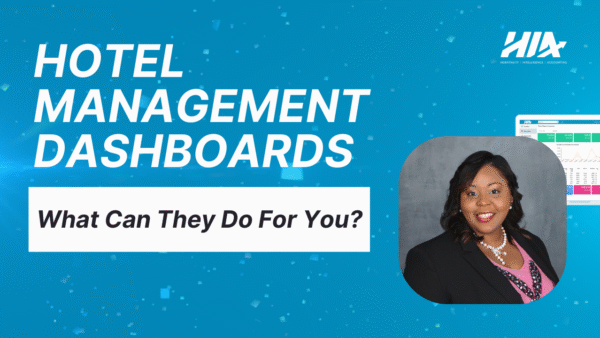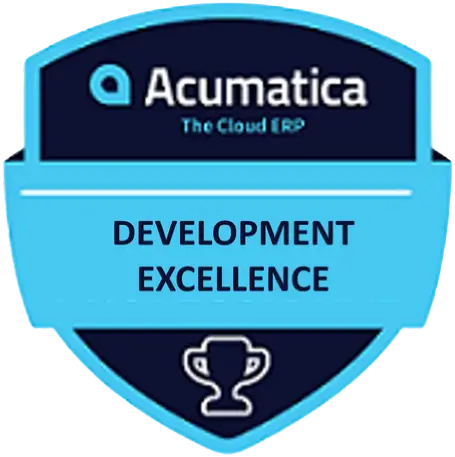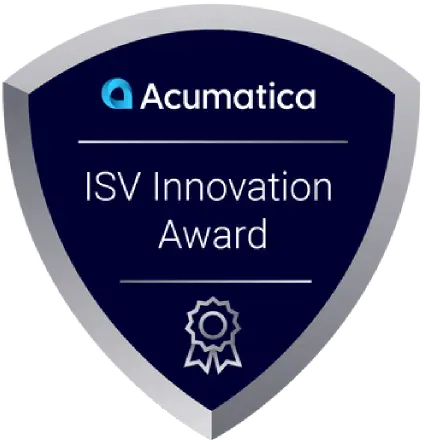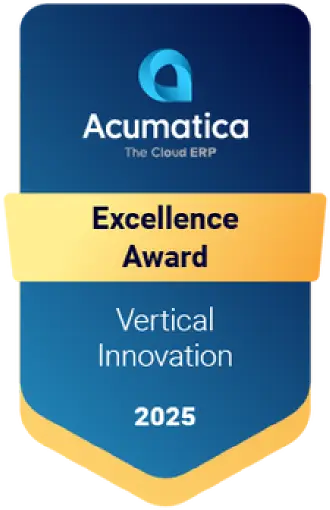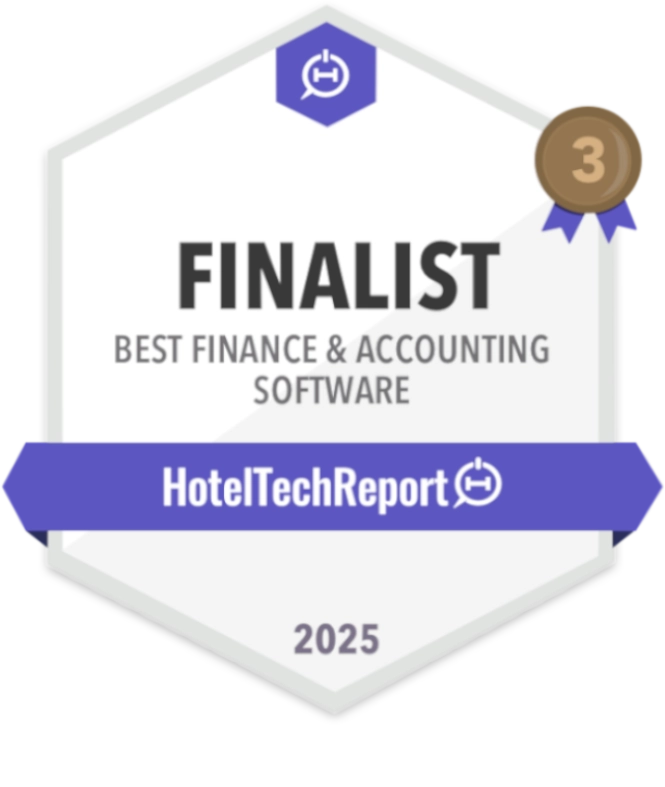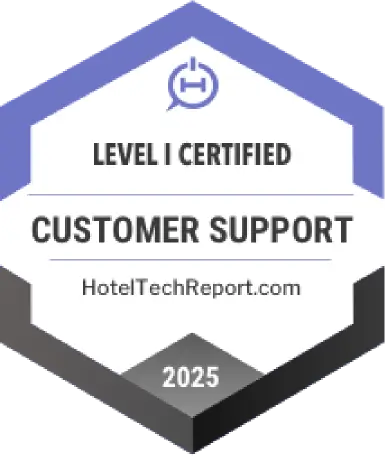In today’s hyper-connected world, data is the new currency.
And your back office systems hold the keys to your vault. Think about how much data quietly filters through your back office systems—P&L reporting, employee payroll, accounts payable, procurement, HR.
No one sets out to leave their systems open to attack. But in hospitality (where staff turnover is high, networks are complex, and tech stacks are expanding), it’s easy for gaps to form. And cybercriminals are trying every trick in the book to get in the door. It’s not a matter of if there will be a cyber-attack, but how ready you are when it happens.
| Key Takeaways |
|
The 5 Security Controls Forward-Thinking Hoteliers Are Prioritizing
The most proactive hotel management companies aren’t just hoping their tech stack is “secure enough.” They’ve seen the headlines. They know how real the threats are (and growing). That’s why they’re taking a hard look at what protections are already in place, and what’s missing.
Here are the five security controls they’re prioritizing to ensure their systems are prepared, protected, and built to handle today’s evolving cybersecurity threats.
1. Multi-Factor Authentication (MFA)
Multi-Factor Authentication (MFA) is quickly becoming a baseline expectation in most modern systems. And for good reason. One compromised password can leave the door wide open.
Just look at the recent McDonald’s breach—an admin account was reportedly protected by a password as simple as “123456.” That one weak link exposed critical data and made headlines.
MFA stops this and acts as a first line of defense. Even if someone gets hold of a valid password, this added layer of verification can stop them from getting in. A few extra seconds in the login process can protect against millions in potential damages.
Leading operators are leaving legacy software systems that don’t support critical security features like MFA, or only offer it as a paid add-on or third-party integration.
2. Single Sign-On (SSO)
Along with tightening security at the point of login, simplifying how your team accesses systems is just as important. That’s where Single Sign-On (SSO) comes in.
Instead of creating and remembering passwords for every one of the hotel systems used to run daily operations, SSO lets users access all of them with a single login. Single-Sign-On also provides much better control from a management company level to turn off access to systems in one central location if and when an employee leaves the company.
In fact, SSO has quickly become a deciding factor for savvy hotel management companies who know the risks of recycled passwords, scattered permissions, constant reset requests, and high employee turnover rates. If the software solution doesn’t have SSO, they aren’t even considering it.
3. Role-Based Access Control (RBAC)
While MFA and SSO help control who gets in, RBAC is the first layer of control that happens once they do.
RBAC is key for making sure users only have access to what they actually need. Nothing more. Nothing less. And in an environment where people change roles, move properties, or leave altogether, this level of access control is non-negotiable.
Since RBAC ties permissions to the job (not the person), it means that when someone shifts roles, their access updates with them. And if they leave, it’s easy to shut the door behind them.
4. Granular Access by Module and Action
It’s one thing to say someone can get into the accounting system because they need to see some data for their job. It’s another to control what they can do with it. Can they view payroll but not edit it? Approve invoices but not touch vendor payment info?
This level of precision is especially important for growing hotel portfolios with distributed teams and complex reporting needs. The more defined your permissions, the more confident you can be that your systems (and your data) are being used the way they should.
Because let’s be honest: it’s not always the outside threats that cause the most damage. One over-permissioned user, one internal mistake, and you could be dealing with data exposure, fraud, or a compliance issue.
5. IP and Location-Based Restrictions
Modern teams don’t always work from behind one desk. Maybe someone’s updating reports from another property, a regional office, or on the go. That flexibility is necessary, but it’s also where risk creeps in.
But just because someone has the right credentials doesn’t mean they should be logging in from anywhere.
By limiting logins to trusted devices or networks (like a hotel office, a specific IP range, or your corporate HQ), you make it nearly impossible for outside actors to get through the front door, even if they have stolen credentials.
It’s one more layer that keeps your data secure without slowing your team down.
Get Security Without Friction
A common excuse for not upgrading your financial management system is “It’s too complex,” or “It’ll slow us down.” But when security is thoughtfully built-in (not bolted on), it clears the way for faster, safer workflows.
As the only ERP purpose-built for hospitality, HIA has advanced ERP security features including both Multi-Factor Authentication (MFA) and Single Sign-On (SSO) as part of its core security architecture.
HIA also includes advanced protections like:
- Role-based and granular permissions, applied consistently across the ERP, mobile app, and even our live Excel integration—so users only see and do what they’re supposed to.
- Location and IP-based restrictions to ensure access only comes from trusted devices or networks.
- Audit trails that track who made what changes and when, supporting both security and accountability.
- Enterprise-level protections like encryption, firewalls, and recurring database backups that keep your system resilient behind the scenes.
If your current software doesn’t have these security measures available, it might be time to consider moving to a system that does. Get a demo of HIA’s software.

Director of Marketing at HIA
Elisa Fritsch, Director of Marketing at Hotel Investor Apps (HIA), contributes 15+ years of sales and marketing experience from a wide range of corporate to start-up environments. At HIA, Elisa focuses on marketing strategy, content, and leveraging her hospitality industry knowledge to drive growth.
